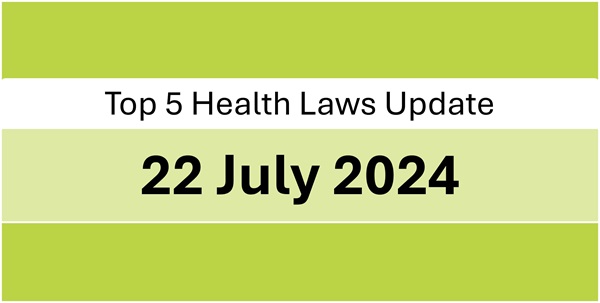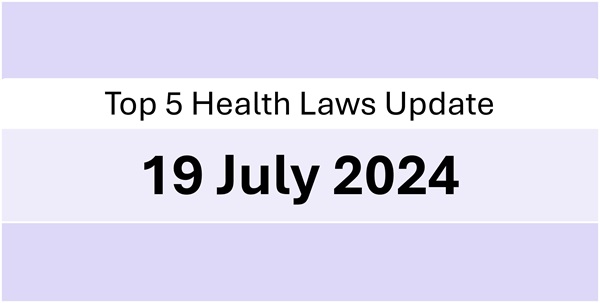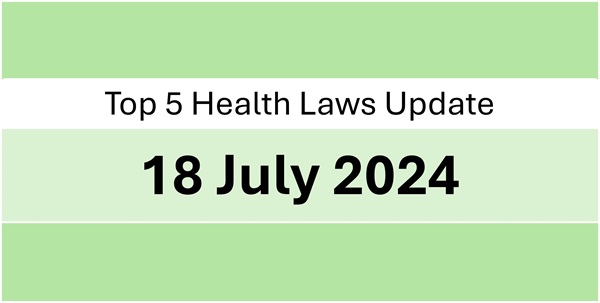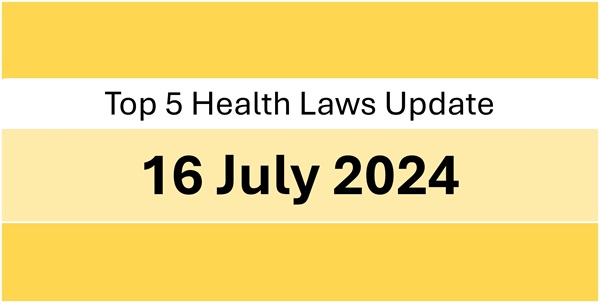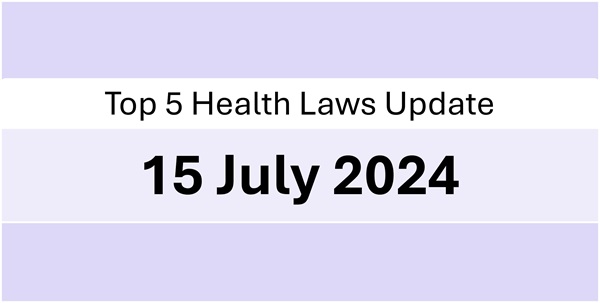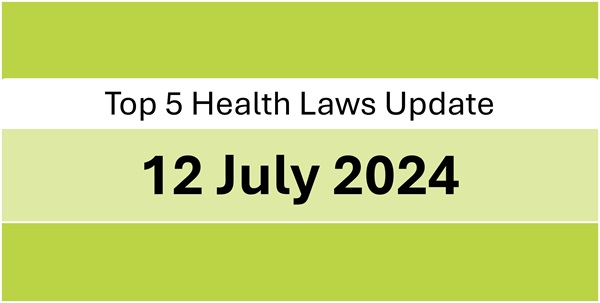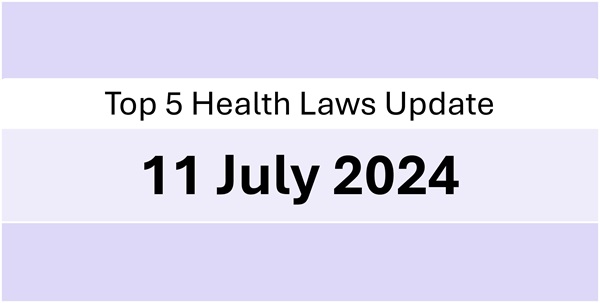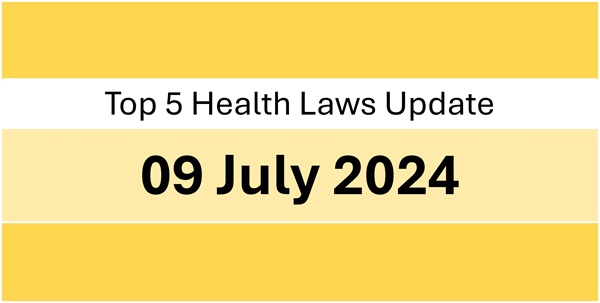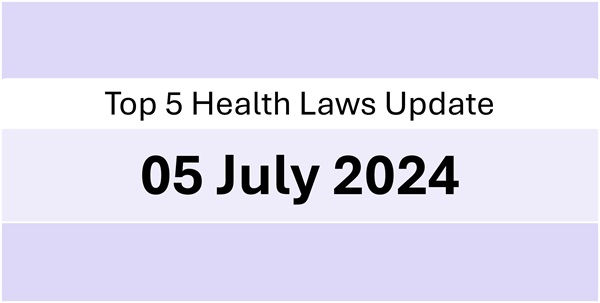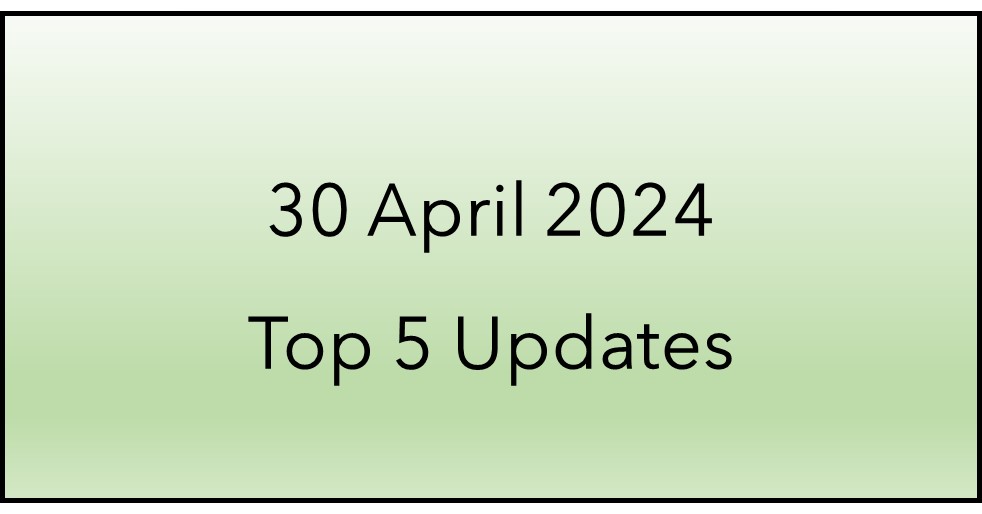1. Multinational Pharmaceutical Companies in India have reportedly sought relaxation of mandatory 50% cut in price of essential medicines after expiry of patent on ground that it hinders innovation.
Source: bit.ly/4bWhHIN
2. India’s food regulator, The Food Safety and Standards Authority of India (FSSAI), has issued directions to the effect that if any food sample is found to be unsafe in the primary lab report, it would result in an order prohibiting further distribution of such food. If the food sample is confirmed to be unsafe by a referral food lab, then the food will have to be recalled.
Source: bit.ly/3Yji2SR
3. A nutritional supplement firm was fined by District Consumer Commission for making misleading claims on the label of its protein supplement regarding the nature of protein content. According to the commission, making misleading claims on label amounts to deficiency of services.
Source: bit.ly/4dcHoWs
4. India’s Jammu and Kashmir High Court has dismissed a criminal complaint instituted against a retailer of medicines for failing to reveal details of manufacturer of a spurious drug. The High Court held that since the Drug Inspector already had the details, the non-provision of requested information did not constitute an offence under The Drugs and Cosmetics Act, 1940.
Source: bit.ly/4bSxPLd
5. India’s food regulator, The Food Safety and Standards Authority of India (FSSAI), has introduced a new license category for registration of direct sellers. Direct sellers are not permitted to sell infant milk and infant milk substitutes.
Source: bit.ly/4fdxhlZ

